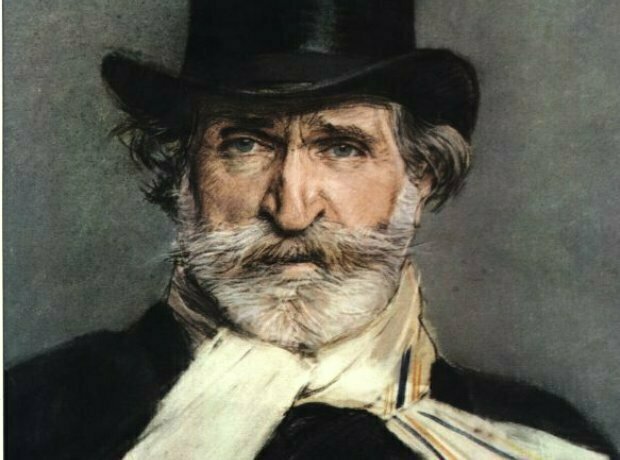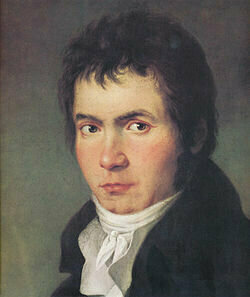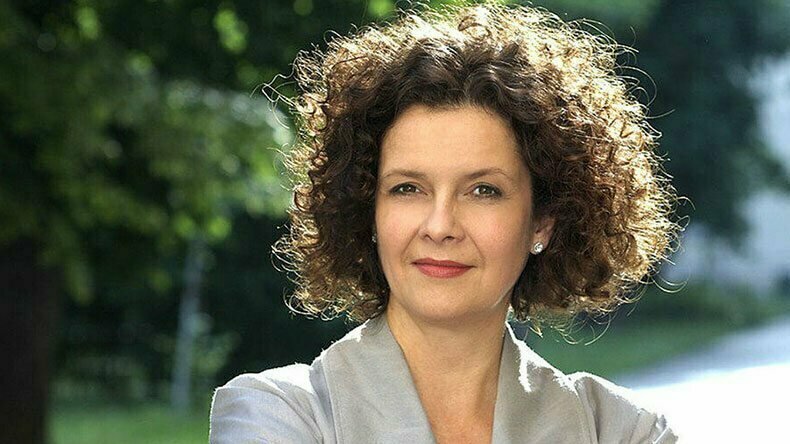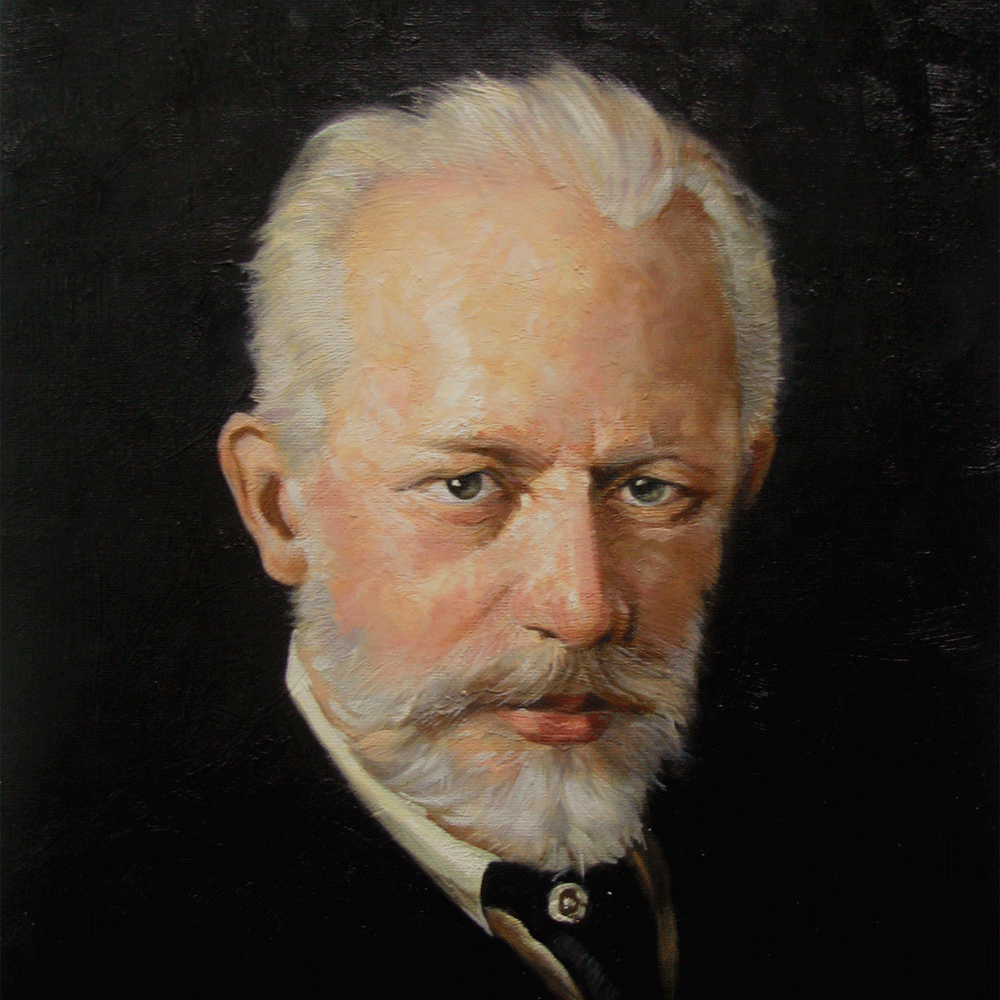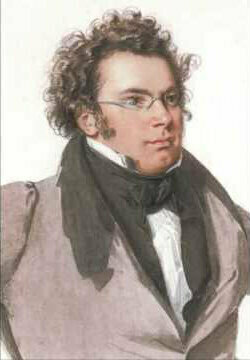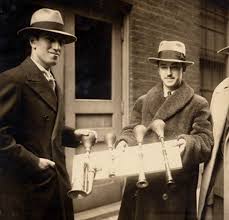One of the most endearing myths in Classical Music states that Giuseppe Verdi wrote his opera Aida in celebration for the opening of the Suez Canal in 1869. It is a great headline, but it’s not even remotely true. To
Articles
The famous “short-short-short-long” motive that initiates the opening of Beethoven’s 5th Symphony has become the most compact and commanding gesture in all of symphonic literature. Powerfully introduced by the whole orchestra in the minor mode, the module is ambiguous in
Concert going is a social as well as a cultural activity and one of the great pleasures is the after-concert discussion with friends – and occasionally strangers who linger in the auditorium or foyer – keen to share their thoughts
For much of the Western world and beyond, Christmas without the Nutcracker just wouldn’t be Christmas! To me, this has always been somewhat surprising as there is absolutely nothing in the ballet that connects it with the story of the
One of the biggest and most exciting mysteries in classical music is the question why Franz Schubert never completed his “Unfinished Symphony.” We do know that the Music Society in Graz bestowed upon Franz Schubert an honorary diploma in 1823.
Music has long stirred the spirit. Since time immemorial it has allowed us to soar to other realms mitigating heartbreak, offering solace, and encouraging optimism. But can the musical instruments themselves bear witness? Imbue future generations with sentiments from a
When George Gershwin made his way to Paris in 1926 he was looking to expand his musical horizon by taking lessons with Maurice Ravel. Ravel excused himself under the pretense of not “wanting to spoil Gershwin’s musical voice,” and he
Performance itself is a ritual – it happens in a special place, at a special time, for which the performer wears special clothing to distinguish him or herself from the audience, and the audience observes particular customs during the entirety

